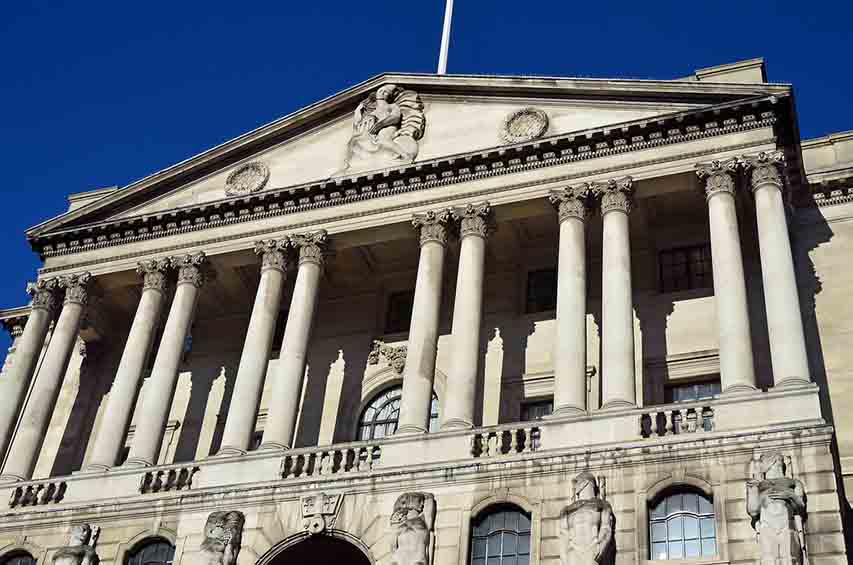04
August 2016
Sharp Economic Contraction Makes UK Rate Cut a ‘Foregone Conclusion’
Following the latest Markit/CIPS report that showed the British economy to be shrinking at its fastest rate in 7 years, analysts are describing a rate cut this Thursday as a “foregone conclusion”.
The full-market Markit/CIPS report, which follows the recent release of equivalent data for the manufacturing sector, showed an unexpectedly sharp contraction in its headline figure - the Services Business Activity Index - from 52.3 in June to 47.4 in July. Any figure below 50 represents economic contraction rather than growth, and this latest figure for July not only represents the first contraction since 2012, but also the fastest rate of decline since March 2009.
Markit’s chief economist, Chris Williamson, gave a fairly damning assessment of the short term future of the British economy as a result, warning of a impending potential recession.
This latest index follows equally poor results in other recent PMI surveys, and at these levels, Williamson explained, “the PMI data are collectively signalling a 0.4% quarterly rate of decline of GDP.”
He acknowledged that it is “too early to say if the surveys will remain in such weak territory in coming months,” but warned that “the unprecedented month-on-month drop in the all-sector index has undoubtedly increased the chances of the UK sliding into a mild recession.”
Markit reported that the downturn in the services sector was somewhat sharper than that seen across all business activity, and that “companies widely reported that the outcome of the EU referendum had weighed on new business inflows during the month.”
CIPS group chief executive, David Noble, described the services sector as having “returned to contraction as Brexit contagion suppressed new orders and overall output at rates last seen during the financial crisis in 2008-2009”.
All eyes, he said, would be on the Bank of England’s Monetary Policy Committee, who are meeting on Thursday when they are expected to cut the base rate down to 0.25%.
Williamson explained that while the rate cut is almost certain, the jury is out on the other stimulus measures that they could implement.
He said: “The PMI is already deep into territory which would normally spur the Bank of England into taking action to stimulate the economy. A quarter-point cut in interest rates therefore seems to be a foregone
conclusion at tomorrow’s Monetary Policy Committee meeting, though the extent and nature of other non-standard stimulus measures remains a far greater source of uncertainty and the subject of intense speculation.”
The National Institute of Economic and Social Research separately published a report recently suggesting that, while economic growth is expected to slow in the coming months, we are not necessarily likely to enter full recession territory, particularly not of the kind seen in 2008-09. They did say, however, that the longer term outlook is not wholly positive, and depends largely on the nature of the Bank’s stimulus package.
The NIESR’s Simon Kirby said: "We expect the UK to experience a marked economic slowdown in the second half of this year and throughout 2017.
"There is an evens chance of a 'technical' recession in the next 18 months, while there is an elevated risk of further deterioration in the near term.”





